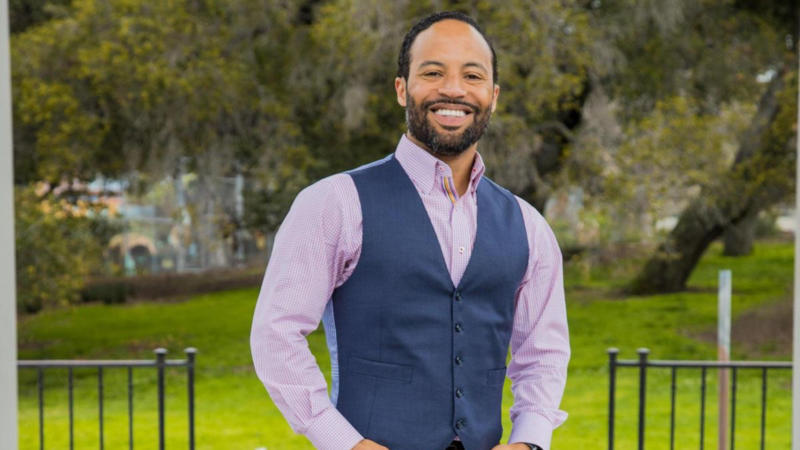Erik Murray began his journey in commercial real estate in 2004, and 17 years later, the same thought crosses his mind: There’s not enough diversity.
The lack thereof drove him to envision the possibility of him creating his own company to create what he wanted to see within the industry. Owing gratitude to becoming one of a few from his background to get his foot in the door, Murray was dedicated to finding a way to pay it forward in bringing more who looked like him into the space.
“It’s almost a secret that is kept from us,” Murray told AfroTech. “Even though I grew up in a highly educated, middle-class, Black family, my mom and dad always kept saying, ‘Son, you have to be a doctor or a lawyer.’ No one said you can be a real estate broker. You can be a real estate developer.”
He continued: “So, I made it my goal that once I ‘learned the game,’ I was going to build a firm that was not only Black-owned but went out of our way to create pathways and opportunities for other aspiring young commercial real estate brokers, developers, etc.”
When the Kansas City native relocated to Oakland, his vision turned into reality. He started Oak Impact Group — a venture capital investment firm that intersects real estate and social impact.
Oak Impact Group
Since Murray and his team started Oak Impact Group in 2016, two years later it became one of the first to bring FDIC-insured banking real estate lending into the cannabis industry.
According to Murray, the Black-owned firm has also gone on to acquire over $150 million of assets. Oak Impact Group is continuing to build its investment portfolio with the hopes to help Black and brown communities to build wealth.
Fight For Social Equity
Oakland is the birthplace of revolutionary movements and pioneers such as the Black Panther Party.
Relocating to a city full of activism history and getting into the cannabis industry awakened a new fight in Murray.
Initially, his first goal aimed at bringing more Black people into real estate, but his purpose widened to his work in social equity “to partner with Black and brown justice impacted entrepreneurs who otherwise may not have access to real estate or capital.”
Rose Mary Jane
As an extension of his social equity efforts, in 2019, Murray founded Rose Mary Jane — a cannabis retailer that fights for freedom and women empowerment.
It was founded to serve as an initiative that supported stories of Black and brown people who were affected by the criminal justice system over non-violent cannabis-related offenses such as Evelyn LaChapelle, the team’s social justice impact consultant, who Murray describes as Rose Mary Jane’s “heart and soul.”
Leading at the intersection for change in inequity, mass incarceration, and stigmas, Rose Mary Jane was built to try to bring freedom — both literally and economically — to the cannabis industry.
“It was really being in the cannabis industry in Oakland, understanding the differences in incarceration, and just the intentionality around it that really kind of opened my eyes to, ‘Hey, we need to fix this.’ And so we founded Rose Mary Jane to be a part of that solution. We partnered with the Last Prisoner Project, where I serve on the board of LPP,” Murray said.
He continued: “We’re really about freedom. It’s not just about literal freedom. It’s also about economic freedom. You’re not really free until you’ve got food on the table and a safe, secure place to live. And so beyond literal freedom, which is freeing the 40,000 prisoners that were intentionally put there by a racist war on drugs, then we start talking about economic freedom. Rose Mary Jane was built to provide those two things in the cannabis industry.”
Editorial note: Portions of this interview have been edited and condensed for clarity.


